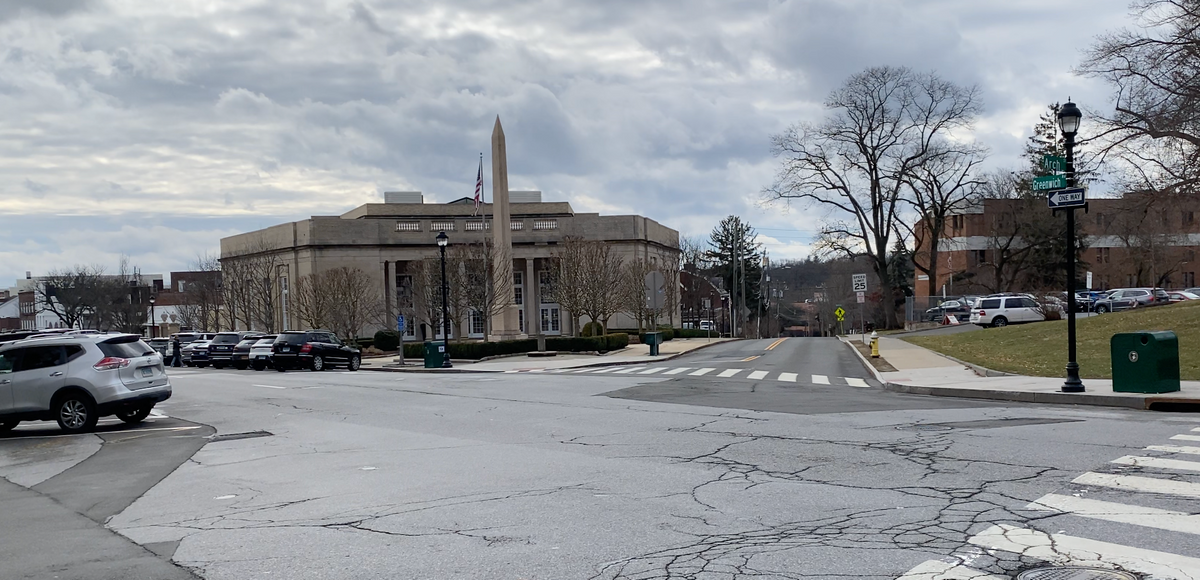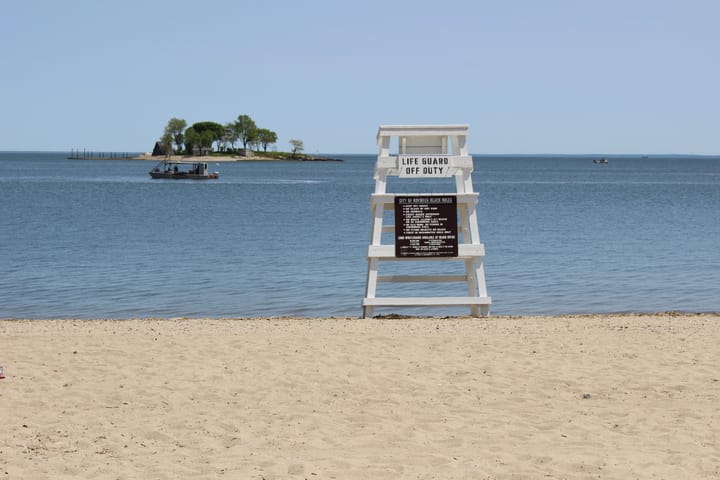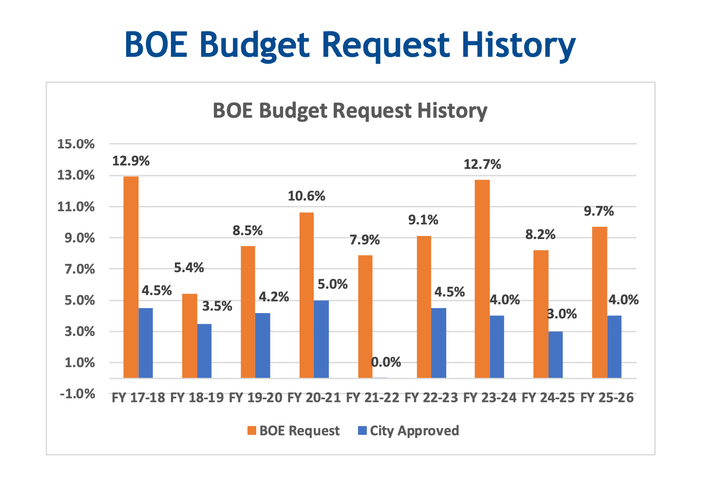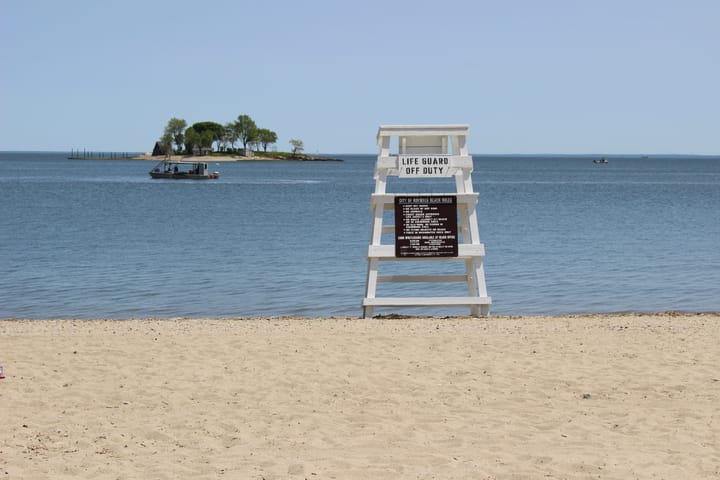How to Get Involved in the Budget Process in Southwest Connecticut
As communities across southwest Connecticut debate, discuss, and vote on their budgets, we put together a guide to help you be a part of the process.

Cities and towns across southwest Connecticut are starting to prepare their budgets for the upcoming fiscal year, starting in July. The budget process is one of the best ways for residents to get involved in their communities, voicing their thoughts on what priorities should be funded and where tax dollars should go, and asking questions about why money is being spent in certain areas. Coastal Connecticut Times has put together a budget guide to help you better understand your community’s budget, the process, and how you can get involved.
Please note: While budget processes are similar across southwest Connecticut, they do vary slightly by city or town. We’ll do our best to note the differences.
What’s in the budget?
The first thing to know is there are two budgets that are usually discussed, reviewed, and voted on during this time—the operating budget and the capital budget.
Operating Budget
The operating budget covers the day-to-day funding for a municipality, covering salaries and benefits for city employees, supplies, software, etc. The operating budget is usually split into two main categories—a municipal side and a school district side. While voters get one tax bill that includes both, city and town officials are responsible for proposing the city side of the budget, while school officials come up with the education side. The municipal portion includes all other municipal departments, such as parks and recreation, operations, land use, economic development, social services, and more.
Last year, we did a breakdown of how communities across southwest Connecticut spend their tax dollars. See what budget areas your community invested in.
Capital Budget
The capital budget is usually funded through municipal bonds that are issued by state and local governments to fund public projects, including school construction projects, infrastructure investments, and more. It is often used to fund expensive items that are more challenging to pay for out of the operating budget. The capital budget also usually includes requests to fund projects from both the school district and municipal sides. While most communities fund these projects by issuing bonds, some, such as Greenwich, use primarily “cash”—not bonds—to pay for them.
What’s the process for the budgets?
While this varies slightly by community, the budget process typically goes:
- Proposal: The city or town leadership—some combination of a mayor or First Selectman with their town administrator and/or department heads—proposes a budget for the next year. This budget usually includes what they think is needed to keep existing services and/or enhance them.
- Administrative Review: In most communities with a Board of Selectmen, the board reviews, edits, and then approves a budget before it goes to the next body. Because the Board of Selectmen are part of the “executive branch” of the town, its members usually have to give its approval to the First Selectman’s proposal. Communities with a mayor usually skip this step.
- Financial Board Review: While legislative bodies, including a Board of Representatives, Common Council, and Representative Town Meeting, play a big role in the budget process, a lot of the work is done before the financial board of the community. In Stamford, Darien, Westport, and Fairfield, that’s the Board of Finance; in Greenwich and Norwalk, it’s the Board of Estimate and Taxation. The financial board receives the administration’s proposed budget and conducts its own reviews and hearings. A majority of budget alterations, usually cuts to the proposed budget, are done by this board.
- Legislative Body Review/Approval: The legislative bodies across southwest Connecticut have varying roles of responsibilities. Some set budget caps, meaning the financial boards have to come up with a budget that falls under the cap, regardless of what the administration has proposed. Almost all get the final vote on the budget and can make cuts of its own, but this does vary by town. In Norwalk, for example, the Common Council can cap the budget, and then adjust the cap during the process, but the actual budget is finalized by the Board of Estimate and Taxation.
How can I be a part of the process?
Throughout the process there are multiple opportunities for residents to get involved. Usually there are public hearings on the budgets at each board, where residents can weigh in and share their thoughts on the proposals. Many communities also have budget workshops, where residents can at least watch the discussion happen, and sometimes weigh in there as well. Budget hearings are usually the best attended hearings in each community.
What are the timelines for approving the budget?
Usually the public budget process—a lot of work goes on behind the scenes in developing the proposed budgets—runs from February to the end of April. Budgets are usually approved and wrapped up by the first week of May.
Here are links to the budget pages for each community so you check out the specific budget schedules and see the budget documents as they are posted.
Greenwich | Stamford | Darien | Norwalk | Westport | Fairfield
How will Coastal Connecticut Times cover the budget process?
We’ll try to cover each community’s proposed budget so you have some idea of what each town or city is proposing, as well as highlights coming out of each community. Last year, we examined how communities planned to spend their local tax revenues and what areas they chose to invest it.



